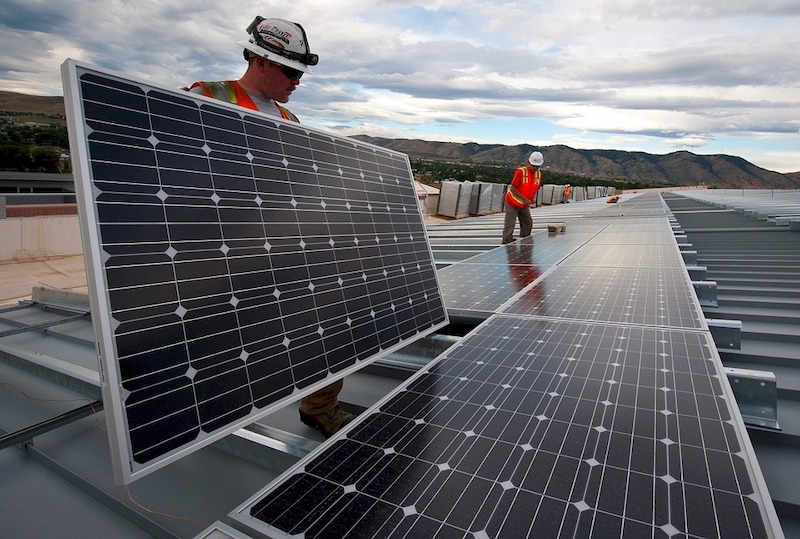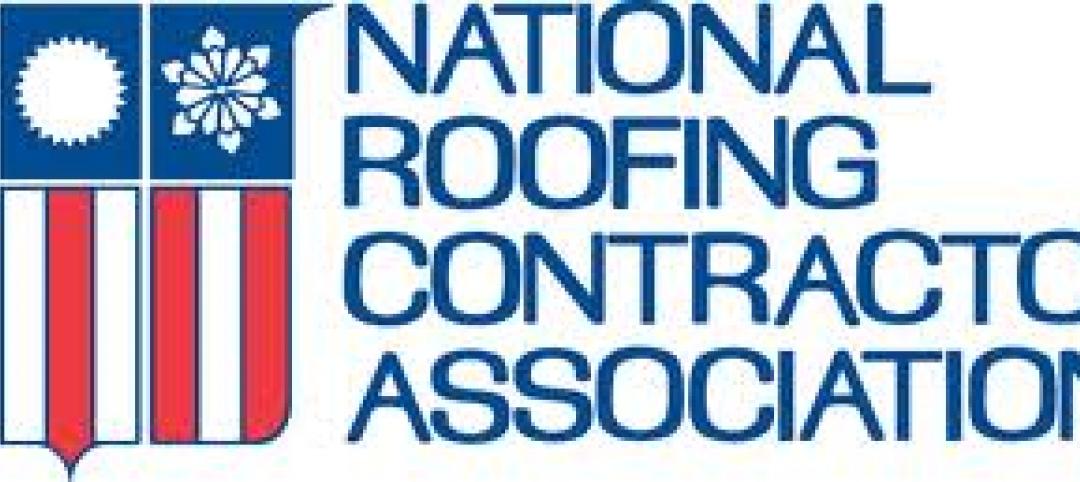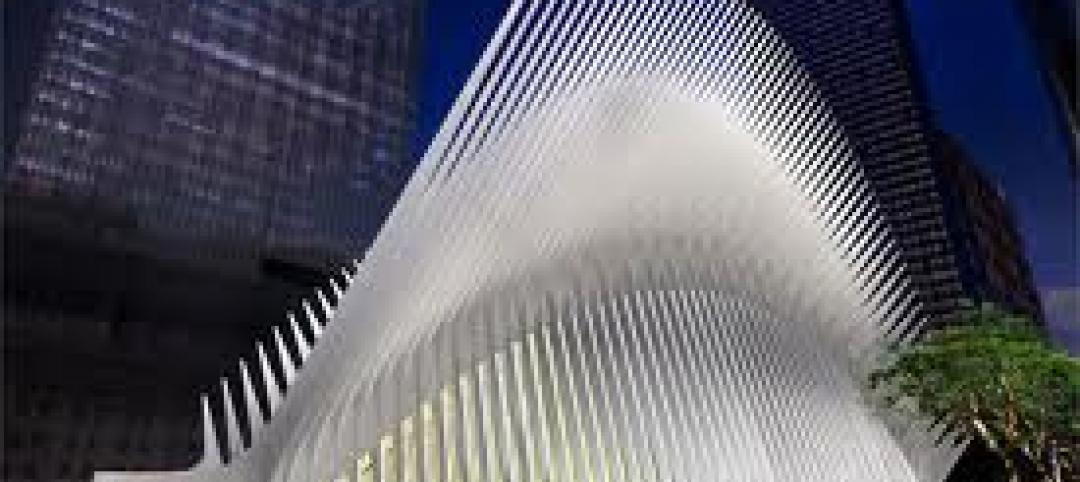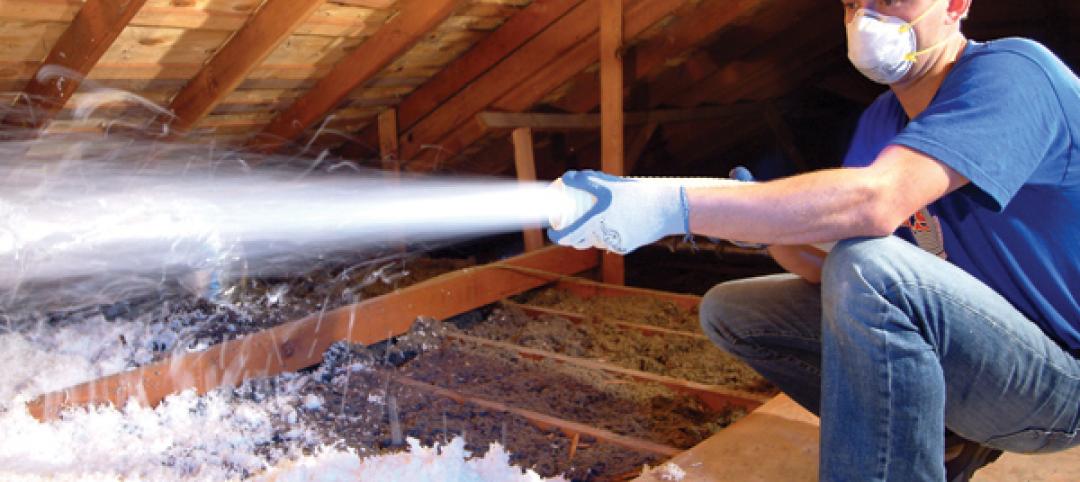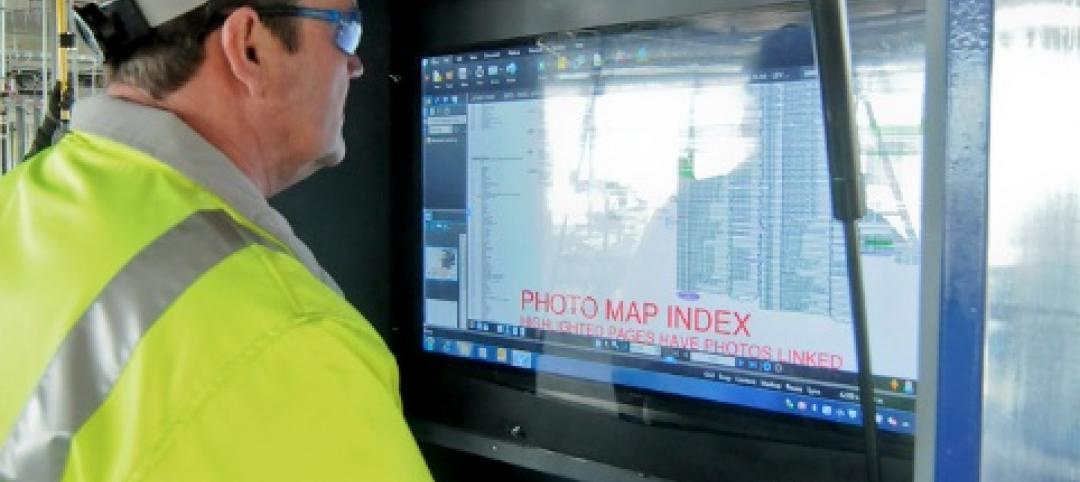Many types of zero energy (ZE) buildings can be constructed with no added upfront cost, and some commercial buildings can see return on investment in as little as one year, according to a report by U.S. Green Building Council Massachusetts Chapter.
The report, “Zero Energy Buildings in MA: Saving Money from the Start,” assesses zero energy upfront building costs, model performance, and life-cycle costs in Massachusetts. Stakeholders and decision-makers frequently cite high costs as the primary barrier to ZE buildings, but the report contradicts that perception.
Researchers found that ZE buildings are being constructed utilizing readily available products, practices, technologies, and energy efficiency rebates. “We must address buildings with urgency, as they are the biggest contributors to carbon emissions in the City of Boston and demystify the notion that a future of resilient and sustainable buildings is unattainable,” said Boston City Councilor Matt O’Malley, Chairman of the Environment, Sustainability and Parks Committee, in a news release.
The report says that building energy demand can be reduced 44% to 54% across all building types with technology that’s readily available today. Existing office buildings retrofitted to zero energy, with renewables, can produce a return on investment in as little as five to six years.
Related Stories
| Dec 29, 2011
OSHA enforcing new fall hazard standards
OSHA is enforcing its new fall protection standards, as evidenced by a recent crackdown in New York.
| Dec 29, 2011
NRCA offers program on new fall-protection requirements
The National Roofing Contractors Association's (NRCA's) program "Roofing Industry Fall Protection from A to Z" will be held Feb. 21 during the organization's 125th Annual Convention.
| Dec 29, 2011
Decision not to fireproof the new World Trade Center Transportation Hub criticized
Some criticized the decision, reasoning that the structure could be a terrorist target.
| Dec 29, 2011
Seismic safety in question at thousands of California public schools
California regulators responsible for enforcing earthquake safety laws have failed to certify more than 16,000 construction projects in California public schools, increasing the risk that some projects may be unsafe, according to a state audit report.
| Dec 29, 2011
GreenWizard offers cloud-based LEED credit management, assessment
The company recently began offering companies the ability to run assessments for design credits, in addition to traditional product-specific LEED credits.
| Dec 22, 2011
Federal home weatherization program has impacted 6.8 million homes
More than 6.8 million homes have been weatherized using federal, state, utility, and other funds under the American Recovery and Reinvestment Act.
| Dec 22, 2011
Group developing BIM data standards
A collaboration among Georgia Tech’s Digital Building Lab, the Precast Concrete Institute, the American Concrete Institute, and the American Institute of Steel Construction aims to develop global standards for transportation of three-dimensional digital models among fabricator, architecture, engineering, and construction groups.
| Dec 22, 2011
New green code spells out thermal requirement for roof retrofits
The 2012 International Green Construction Code (IgCC) includes a straightforward approach to minimum thermal requirements for roof and wall systems.
| Dec 22, 2011
AGC’s safety conference Jan. 11-13 in San Antonio
The Associated General Contractors of America’s national meeting for safety and health professionals will take place Jan. 11-13, 2012 in San Antonio, TX.
| Dec 22, 2011
Proposed New York City zoning revamp encourages rooftop solar and wind energy
New zoning regulation proposals to make it easier for building owners in New York City to make their structures more sustainable have entered the public approval process.


